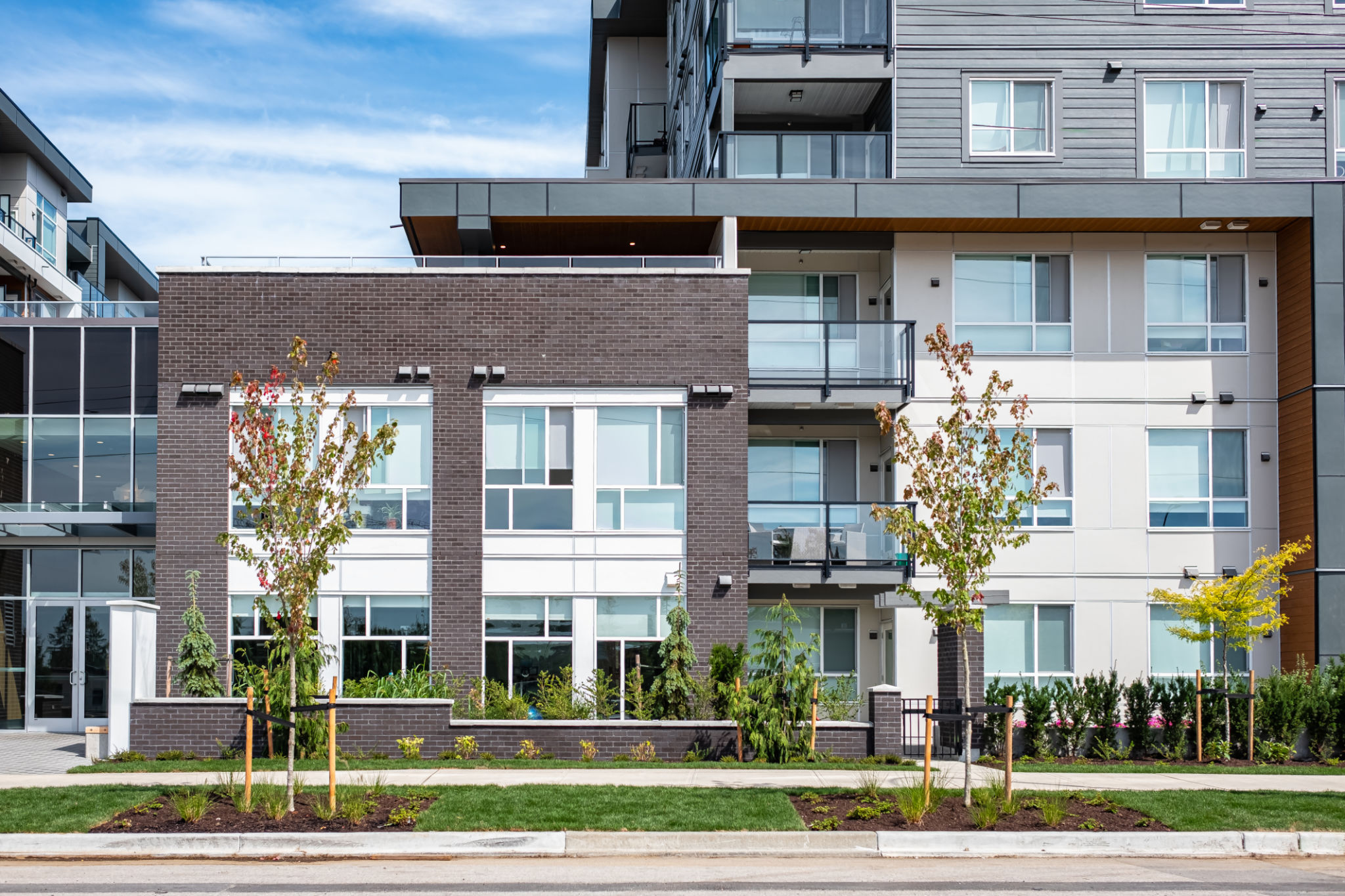Comparing Dincel and AFS Formwork Systems: Which is Right for Your Project?
Understanding Dincel and AFS Formwork Systems
When it comes to construction, choosing the right formwork system is crucial for ensuring structural integrity, efficiency, and cost-effectiveness. Two popular systems in the market today are Dincel and AFS. Each offers unique benefits and features that cater to different project needs. Understanding the distinctions between these systems can help in making an informed decision for your construction project.
Dincel formwork is a permanent polymer formwork system used to create load-bearing walls. It is known for its durability, easy installation, and ability to withstand harsh environmental conditions. On the other hand, AFS formwork systems are typically made from lightweight concrete panels, offering a different set of advantages, particularly in multi-story buildings.

Key Features of Dincel Formwork Systems
Dincel is renowned for its quick installation process, which can significantly reduce labor costs and construction time. Its polymer material is not only lightweight but also resistant to water, fire, and pests. This makes Dincel an excellent choice for projects in areas prone to extreme weather conditions.
Another benefit of Dincel is its versatility. The system can be used for a variety of applications, including retaining walls, basements, and columns. The interlocking design ensures a seamless finish, reducing the need for additional plastering or rendering.
Environmental Considerations
Dincel's eco-friendly properties are another important factor to consider. The material is 100% recyclable, contributing to sustainable building practices. Additionally, the system's design helps minimize concrete wastage, making it an environmentally responsible choice.

Advantages of AFS Formwork Systems
AFS formwork systems are popular for their strength and load-bearing capabilities. Made from lightweight concrete panels, AFS systems are particularly effective for high-rise buildings and large-scale commercial projects. The panels are pre-fabricated, which helps maintain consistent quality and reduces on-site construction time.
One of the standout features of AFS is its thermal and acoustic insulation properties. This makes it an ideal solution for residential buildings where comfort and energy efficiency are critical considerations. The panels also offer fire resistance, further enhancing safety standards.

Cost Efficiency and Flexibility
While both Dincel and AFS systems offer cost efficiency, AFS's pre-fabricated nature can lead to additional savings in terms of reduced labor costs and faster construction times. Its flexibility allows architects and builders to design complex structures with ease, without compromising on quality or safety.
Choosing the Right System for Your Project
The decision between Dincel and AFS formwork systems ultimately depends on your project's specific requirements. If you're looking for a solution that offers rapid installation, durability against environmental factors, and sustainability, Dincel might be the better choice. However, if your project involves high-rise construction with a focus on insulation and fire resistance, AFS could be more suitable.
Consider factors such as project size, location, budget, and desired building performance when making your decision. Consulting with construction experts can also provide valuable insights into which system aligns best with your goals.

Ultimately, both Dincel and AFS formwork systems offer unique advantages that can enhance construction projects. By understanding their key features and benefits, you can choose the system that best suits your project's needs, ensuring efficiency, safety, and sustainability.
